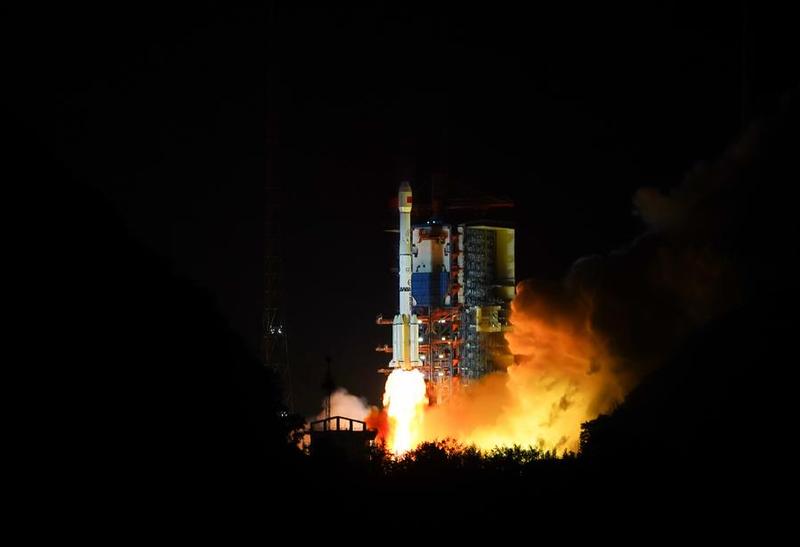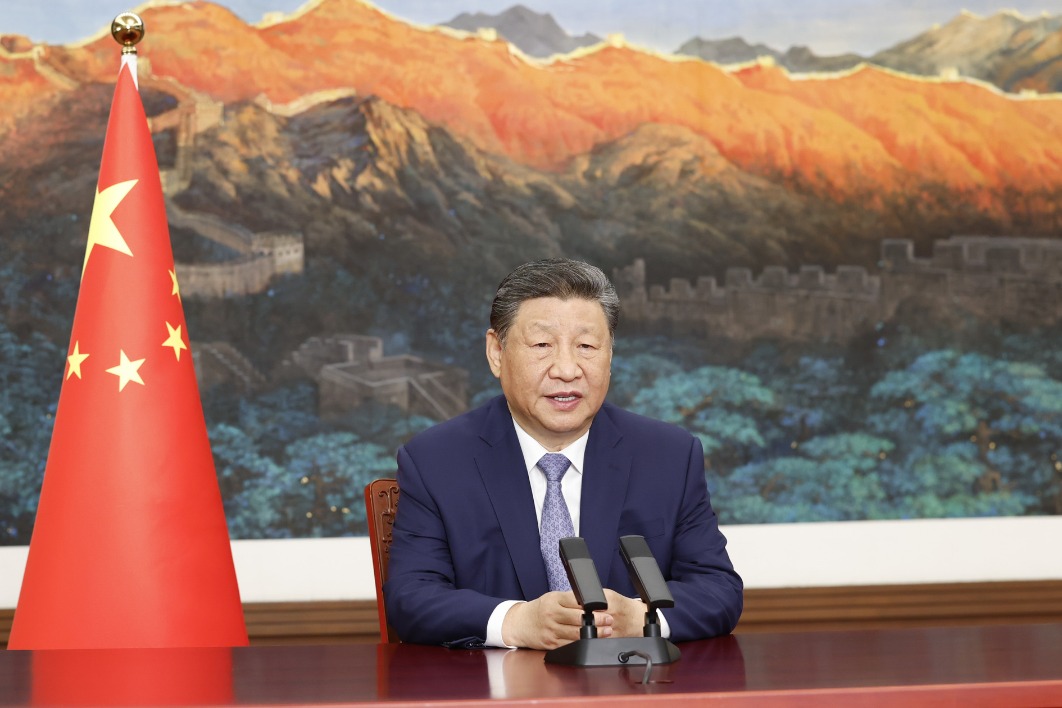Space memo smear hard-sell for US satellites: China Daily editorial


An undated internal memo, US media outlets recently obtained from the State Department, urges countries to shun Chinese satellite services, citing security concerns.
Without providing any evidence to substantiate its claim, the document, which is ostensibly to provide talking points for senior US officials meeting with the representatives of other governments, warns that Beijing could use the satellite services it provides to gather military information and sensitive intelligence.
The irony is the world knows clearly that it is the United States that has been doing that — including targeting its allies and partners — taking advantage of its dominance of the space technology and industry.
With its "Star Wars" program transformed from a tool to consume Soviet Union resources during the Cold War into a standard configuration connecting its defense, intelligence and technology strategies, using its satellite services to gather other countries' "military information and sensitive intelligence" is only a small part of the US' overall space-related undertakings.
The US has built a holistic intelligence collecting system stretching from its satellite network in space, such as those related to SpaceX's Starlink program, to the digital terminals on Earth made up of smartphones, databases and base stations and the global submarine optical cable networks under its control.
The huge US-controlled system, which is expanding and developing fast, plays a crucial role in the wars, conflicts, cyberattacks and assassinations it engineers around the world.
It is the huge hegemonic interest associated with the US' dominance in the sector that has prompted it to guard against any other competitor touching its cheese in this realm, even if latecomers, such as China, are doing nothing but carrying out peaceful and cooperative space exploration and research.
China regards space, which is public space, as an extended part of the community with a shared future for mankind and acts accordingly, working with other partners, including both developed countries and Global South countries, to jointly learn more about the universe we live in.
With its Shenzhou XX crewed spaceship scheduled to launch on Thursday, which is itself a fruit of international cooperation, China's fast rise in the space industry has provided more countries with opportunities to take part in space exploration and enjoy the benefits related to a wide range of applications in agriculture, logistics, transportation, people's livelihoods and disaster prevention, rescue and relief, among others.
In a stark contrast, the US treats outer space as its exclusive territory, a newfound land awaiting colonization. With its I-come-I-conquer expansionist view of space, the US regards space a first-come-first-served virgin land.
With a dominance of the realm that is hard to be changed by any latecomers, what the US is worried about is not only China's progress in related technology and application, but more importantly the concept Beijing has put forward which entitles even the least-developed countries to the peaceful use of outer space.
As that concept is increasingly embraced by countries as a principle for the space industry, the US' concerns that, if unchecked, it will ultimately lead to the formation of a set of inclusive and fair rules on space exploration, are understandable. If so, the US' dominance of the realm will be lost to its global obligation and responsibility.
Tellingly, the State Department memo also had advice for US officials who were asked about the Starlink satellite communication services, suggesting how they could promote it to fill the vacancy they hope will be left by their proposed ban on Chinese satellite services with reliable satellite services provided by a trusted US operator.
When SpaceX launched its first batch of Starlink satellites in May 2019, there were only around 2,000 operational satellites in the entire sky including a small number of high-orbit satellites. Today, that number has grown to over 11,000 most of which are low-orbit ones — nearly 7,000 of which belong to Starlink. And SpaceX has said it hopes to grow the number to 42,000 by 2027.
Looked at from that orbit, the memo is nothing but an advertising leaflet from the State Department for US business.


































